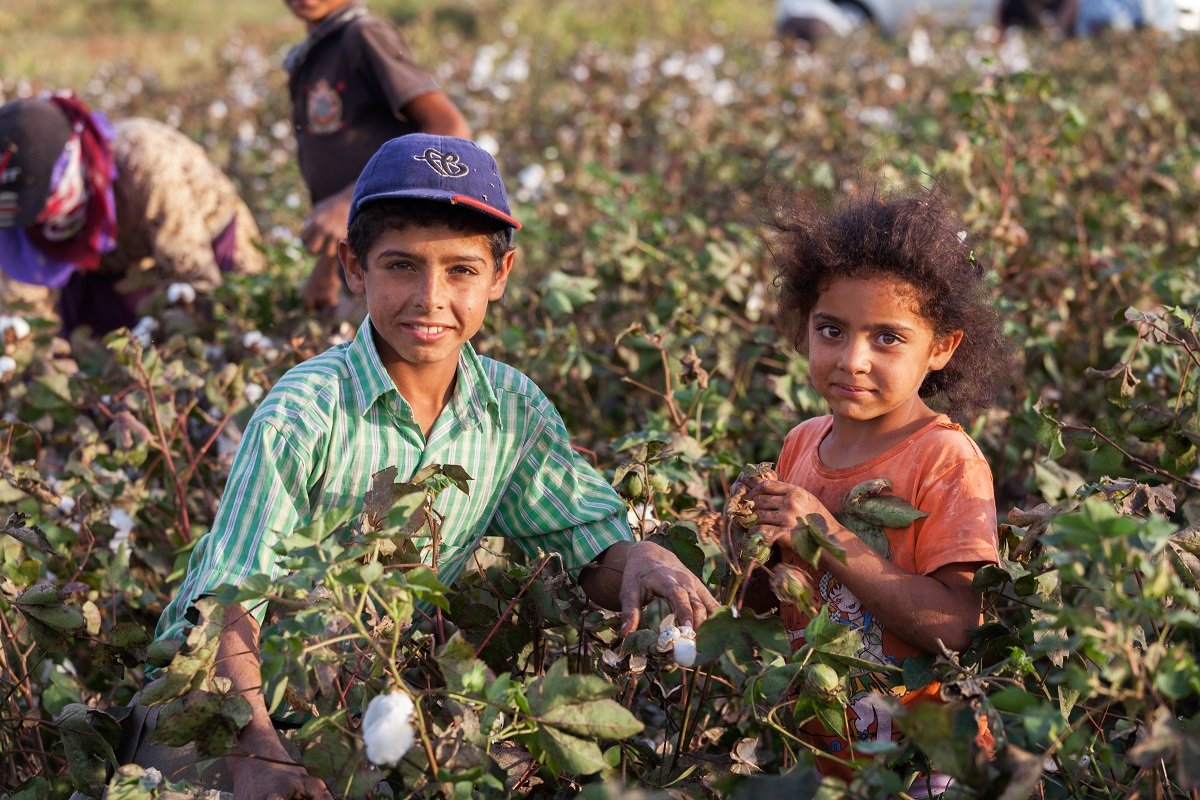
The number of underage deaths from occupational accidents reached a record high in 2024, despite the Turkish government’s pledge to effectively prevent such fatalities, according to a recent report by the Health and Safety Labor Watch (İSİG).
Seventy-one minors lost their lives in workplace accidents last year, indicating the urgent need for stronger policies to enforce workplace safety regulations. İSİG urged unions, human rights advocates and political parties to pressure the government into taking immediate action.
The Justice and Development Party (AKP) government launched the second phase of the National Program to Combat Child Labor for the 2017-2023 period, following the first phase implemented from 2005 to 2015. This government initiative aimed to eliminate child labor, particularly in high-risk sectors with serious health and safety concerns. The program focused on providing economic support to families to reduce dependence on child labor, strengthening policies to prevent its occurrence and promoting school attendance.
According to İSİG the high death toll among underage workers indicates this program was not completely successful.
“The facts speak for themselves. Far from combating child labor, the government does not even have reliable data on the number of child workers, let alone their deaths. On the contrary, the government’s policies have enabled an increase in child labor and a lack of inspections of their working conditions,” said İSİG. “At least 978 minors have died in workplace accidents since the AKP came to power in 2002.”
Each year, the Ministry of Labor and Social Security reports the number of minors who have died in workplace accidents. However, İSİG’s figures are significantly higher. İSİG began recording occupational deaths in 2013, and before that, the public relied on the ministry’s data. The number of recorded deaths from 2002 to 2012 is only half those documented between 2013 and 2024, raising concerns about the reliability of official statistics.
Vocational training centers, known as MESEM, were regarded as one of the most important reasons for increasing child labor. MESEM programs are designed to provide students of high school age (14-17) with practical vocational training along with their academic studies, aiming to prepare them for the workforce in various trades and professions.
However, students say they work up to 10 hours a day for six days a week. Most of these students come from poor families and are paid less than the minimum wage for their labor.
There are currently more than 1 million students enrolled in MESEM, and according to unions, instead of preparing students for work life, MESEM acts like a provider of cheap labor. The Ministry of National Education reported that at least 336 minors were involved in workplace accidents while participating in MESEM programs in 2024.
In the report, İSİG urged the government to impose a total ban on child labor, provide free education and establish recreational centers where children and adolescents can socialize and participate in extracurricular activities.














